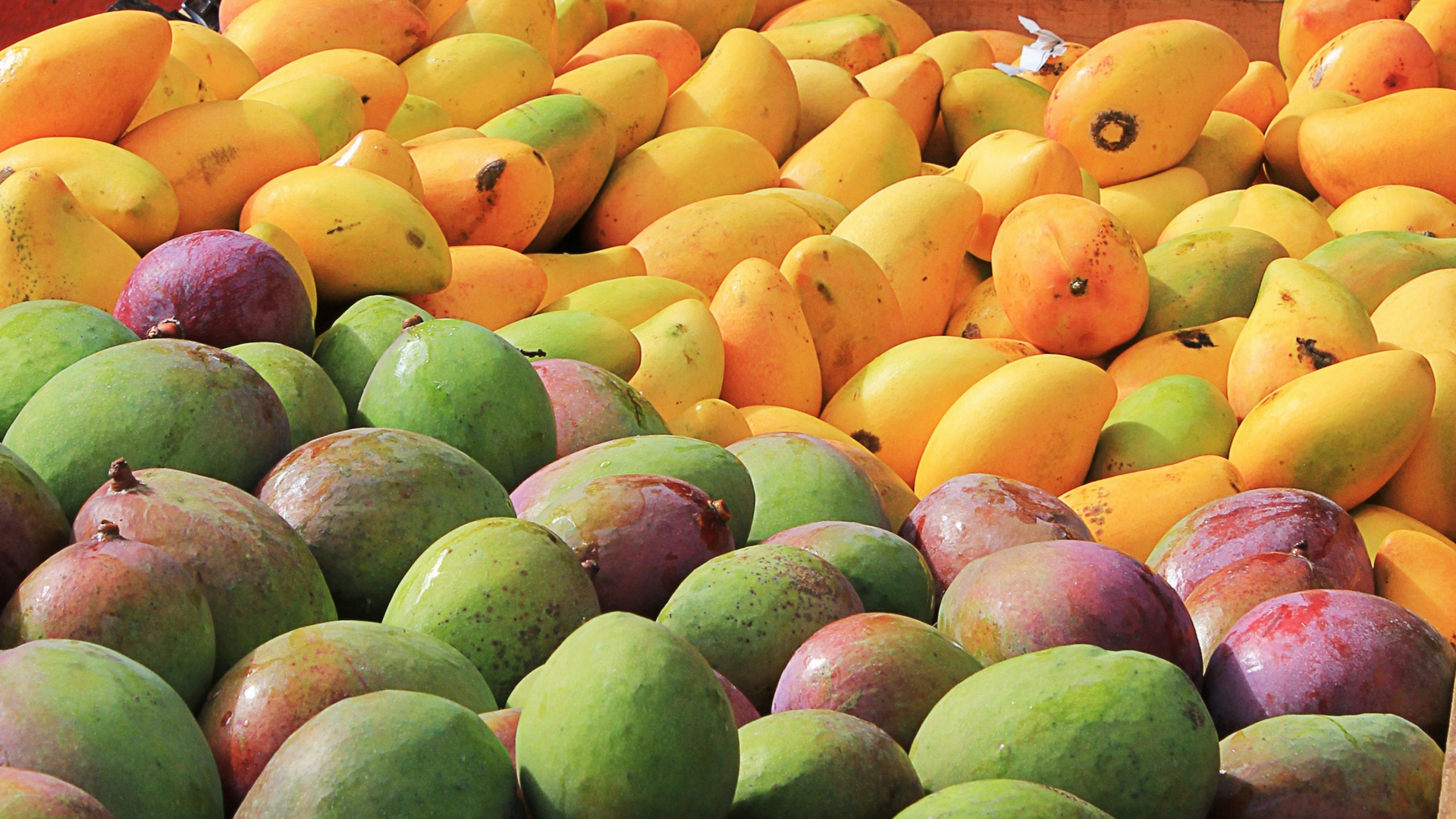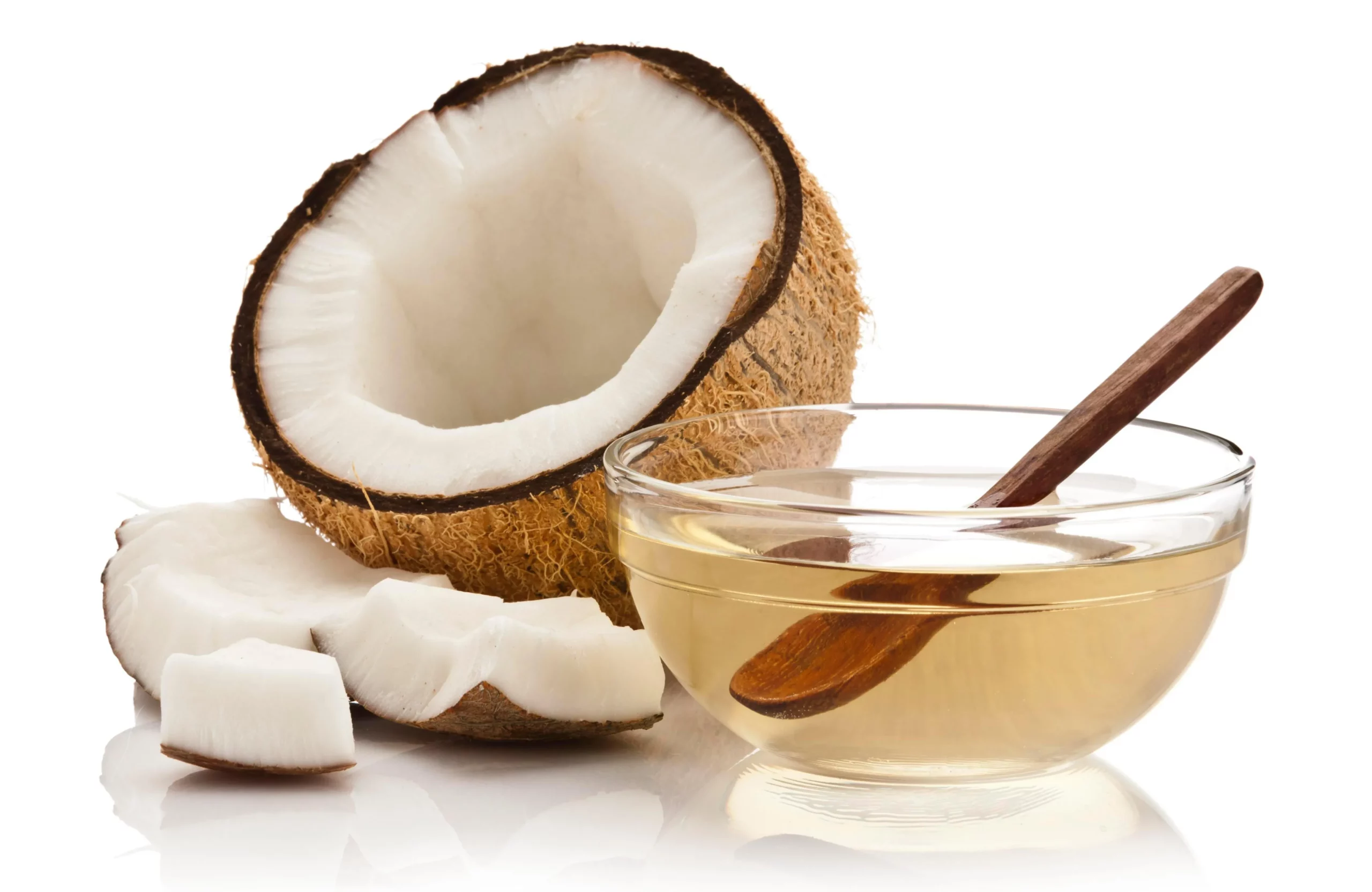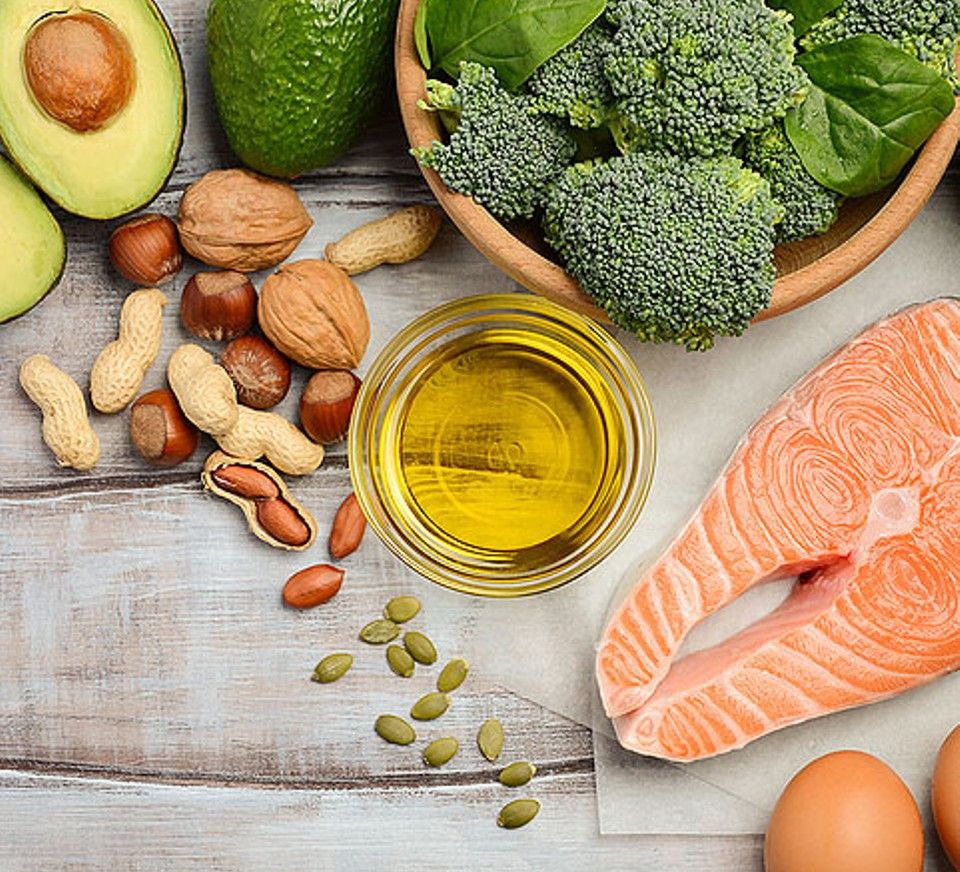Introduction to Mangoes
Mangoes are a tropical stone fruit native to South Asia but now grown in many parts of the world, including South America, the Caribbean, and the southern United States. They are celebrated for their sweet, rich flavor and velvety texture, making them a favorite ingredient in a variety of dishes from salads to desserts.
Nutritional Profile of Mangoes
A single medium-sized mango (about 200 grams) typically contains:
- Calories 150
- Protein 2 grams
- Fat Less than 1 gram
- Carbohydrates 35 grams
- Fiber 4 grams
- Vitamin C Approximately 75% of the RDI
- Vitamin A 25% of the RDI
- Vitamin E, K, and several B vitamins Small amounts
- Potassium, Magnesium, and Copper Significant amounts
- Antioxidants Including beta-carotene, zeaxanthin, and mangiferin
Health Benefits of Mangoes
Rich in Vitamins and Minerals
Mangoes are an excellent source of vitamins A and C, which are crucial for immune function, skin health, and eyesight. They also contain good amounts of B-vitamins, potassium, and magnesium.
Antioxidant Properties
Mangoes are packed with antioxidants like mangiferin, catechins, anthocyanins, quercetin, and beta-carotene, which help protect the body against oxidative stress and inflammation.
Digestive Health
The fiber in mangoes aids in digestion and helps prevent constipation. Amchur (dry mango powder) is commonly used in traditional remedies to boost digestive health.
Heart Health
The potassium and magnesium in mangoes help maintain a healthy pulse and relax blood vessels, promoting lower blood pressure levels.
Eye Health
The zeaxanthin in mangoes is thought to help improve eye health by reducing the risk of macular degeneration.
Skin and Hair
Vitamins A and C are crucial for skin and hair health, aiding in collagen production and skin repair.
Cancer Prevention
The compounds in mangoes have been studied for their potential to reduce the risk of certain cancers.
Potential Health Concerns
Sugar Content
Mangoes are high in natural sugars, which can be a concern for people with diabetes or those trying to manage their blood sugar levels. Consuming mangoes in moderation is key.
Allergies
Some people may be allergic to mangoes, especially those who are sensitive to urushiol, the chemical also found in poison ivy.
Pesticides
Mangoes are sometimes heavily treated with pesticides, so it is advisable to buy organic where possible.
How to Incorporate Mangoes into Your Diet
Mangoes are versatile and can be used in various culinary applications:
- Fresh Enjoyed on their own or in fruit salads, salsas, or smoothies.
- Cooked Added to dishes like stir-fries or grilled with meats.
- Preserved Made into chutneys, jams, or pickles.
- Dried Snacked on as a healthy, portable option.
Selecting and Storing Mangoes
Selection
Look for mangoes that give a little under pressure when ripe. They should have a fragrant aroma at the stem end.
Storage
Unripe mangoes can be left at room temperature to ripen, which usually takes a few days. Once ripe, they can be stored in the refrigerator to slow down the ripening process and extend their shelf life.
FAQs about Mangoes
Can eating mangoes help you lose weight?
Mangoes can be part of a healthy weight loss diet if consumed in moderation. They are nutrient-dense and fiber-rich, which can help you feel full longer.
Are mangoes good for diabetics?
Diabetics can enjoy mangoes in moderation. It’s important to monitor blood sugar levels and balance mango intake with other foods, ideally under the guidance of a healthcare provider.
How can I tell if a mango is ripe?
A ripe mango will yield slightly to pressure and usually emits a fruity aroma at the stem end. The skin color can vary and is not the best indicator of ripeness.
Can mangoes be eaten every day?
Eating mangoes every day is generally safe for most people, but it’s important to consider overall fruit intake and individual health needs, especially for those monitoring blood sugar levels.
What is the best way to cut a mango?
The easiest way to cut a mango is to slice along the sides of the pit, scoop the flesh from the skin, and then cut it into the desired shape.
Can mango skin be eaten?
Mango skin is edible but can be tough and bitter. Some people might also be sensitive to the compound urushiol found in the skin.
Are dried mangoes as healthy as fresh?
Dried mangoes retain most of the vitamins but are higher in calories and sugar per gram than fresh. They often contain added sugars and preservatives, so it’s best to check the label for added ingredients.
Conclusion
Mangoes are not only a delightful fruit but also offer numerous health benefits. Rich in nutrients, antioxidants, and fiber, they can contribute to a healthy diet. However, like with any food, they should be consumed in moderation, especially by those with certain health conditions such as diabetes. By understanding how to select, store, and incorporate mangoes into your diet, you can enjoy all that this fruit has to offer in a healthy, balanced way.





